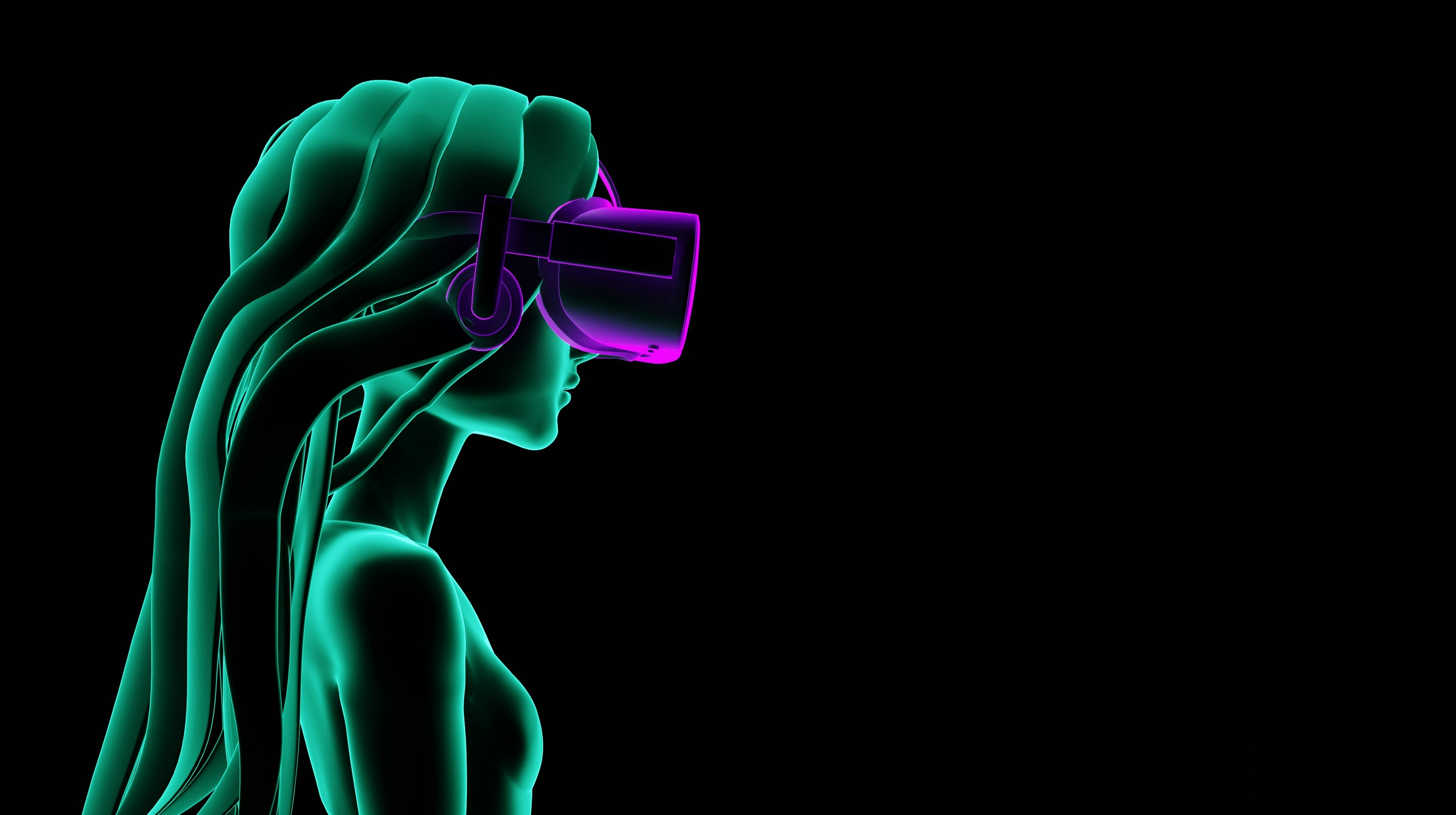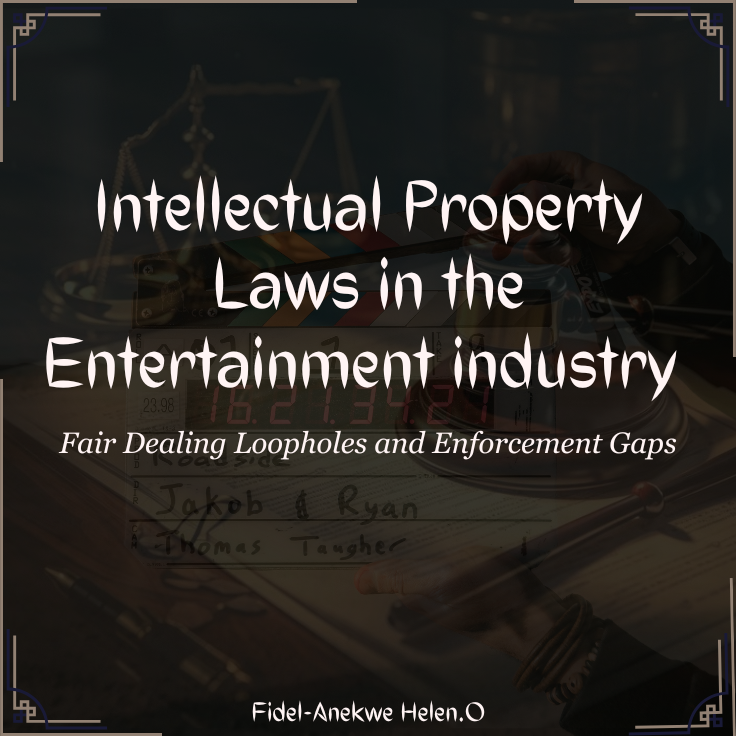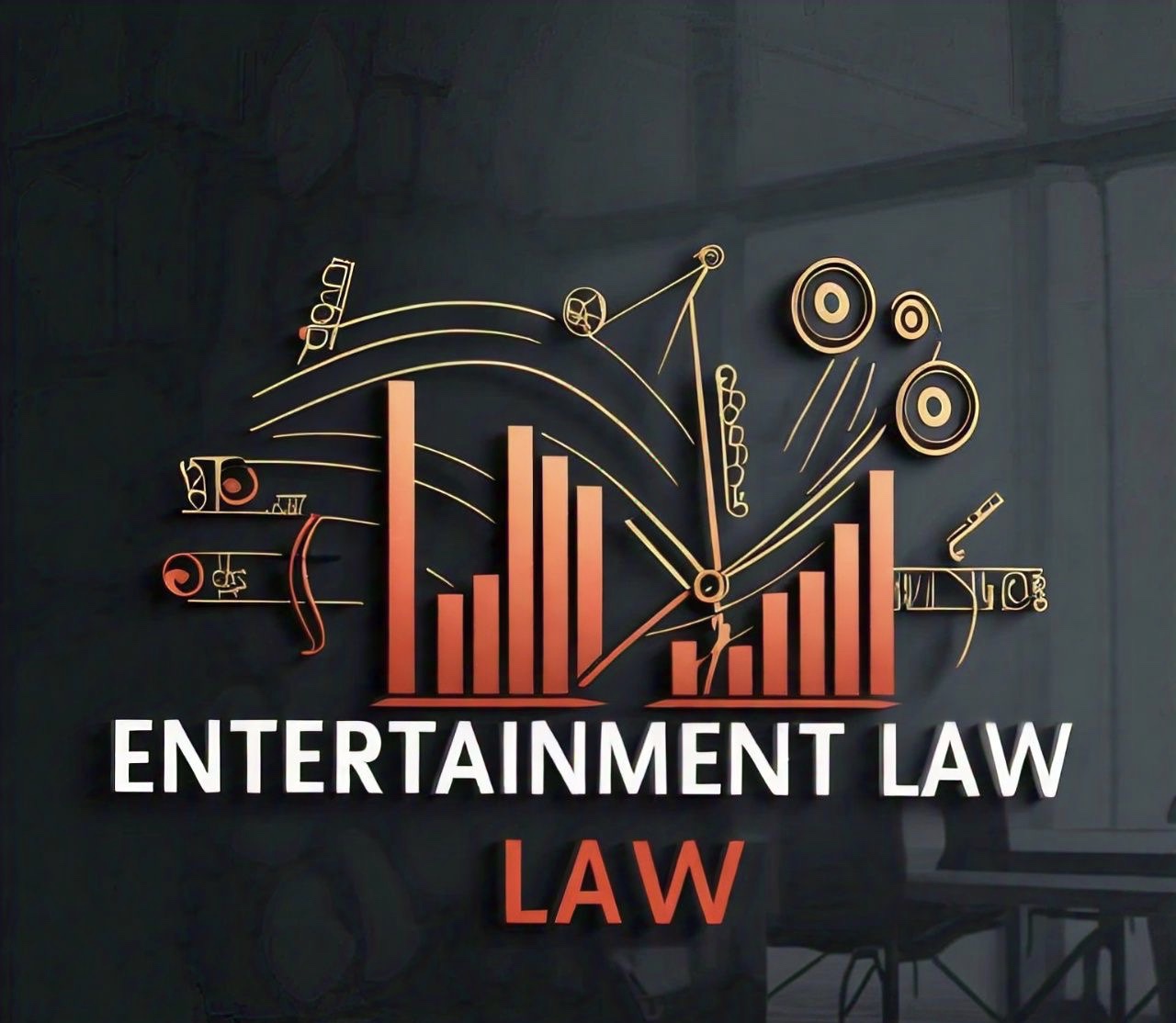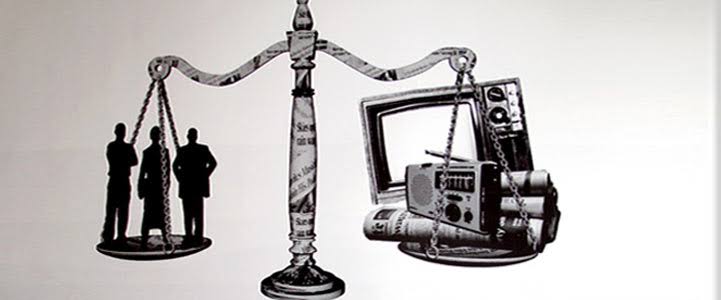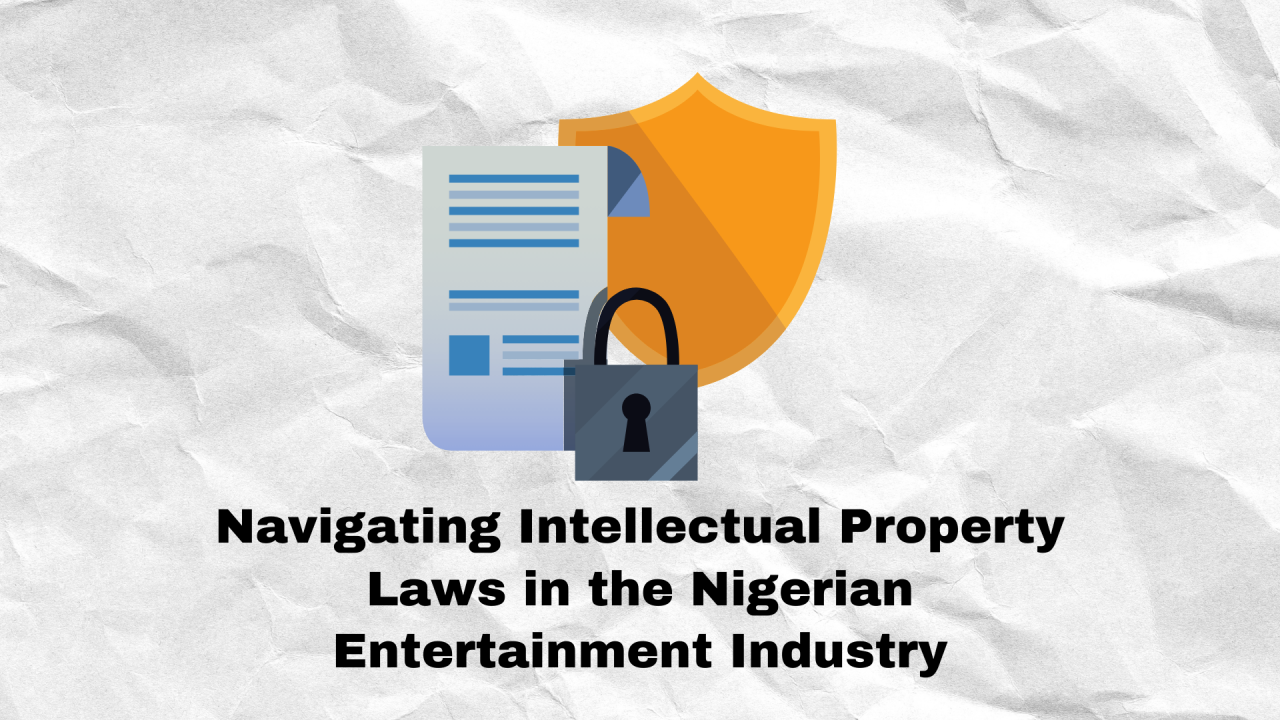
OVERVIEW
Entertainment law interlaced with the various legal field and covers a variety of areas in the entertainment industry including film, broadcasting, music, theatre and publishing. The law is a complex one that span the subject of company law, contract, tax law, litigation, copyright etc. Intellectual property law grants and protect property right in works and authorship such as literary work, cinematographic work, dramatic work, musical work, architectural work etc. The entertainment industry to a large extent have suffered a lot of infringement on the originality of the creators of work. In as much as there is no codified law regulating the entertainment industry, there are variety of laws as stated earlier which regulates activities in the entertainment industry, and reduce the level of infringement that emanate from it.
INTRODUCTION
Entertainment is defined as any action that maintains an audience's attention and interest while also providing pleasure and delight. It could be an idea or a task, but it is most likely one of the actions or events that evolved over thousands of years to maintain an audience's attention.
It should be noted that entertainment law encompasses a wide range of individuals, materials, processes, and sectors, including intellectual property, contract law, cooperative practice, finance, and tax laws, among others. Entertainment[s4] legislation protects not only the talent who act in the entertainment sector, but also the production parts of creating entertainment content, assuring the industry's long-term viability.
Intellectual property includes creations of the mind such as inventions, literary and creative works, designs, symbols, names, and pictures utilized in business. Intellectual property is legally protected by patents, copyright, and trademarks, which allow people to receive recognition or financial profit from what they innovate or create.
The nexus between Entertainment Law & Intellectual property is a symbiotic relationship, with each giving relevance to itself. The Entertainment industry in Nigeria is a huge and diverse market with a lot of production of artistic works, and content created daily for the consumption of the masses. However, the need to protect the works of entertainers is very sacrosanct. Intellectual Property acts as a shield and sword to entertainers over the creation, ownership, and control of their works. To be a successful player in the entertainment industry, requisite knowledge in the aforementioned areas is sacrosanct.
LEGAL FRAMEWORK OF ENTERTAINMENT IN NIGERIA
There is no specific legal framework for media and entertainment in Nigeria. Aside from media law which covers legislation that regulates the media such as television, music, art, advertisements, etc., Entertainment law in Nigeria, is not developed. However, other legislations give force to the entertainment industry, for example, Intellectual property laws. Some of the intellectual property laws that regulate media and entertainment-
related activities in Nigeria are highlighted and briefly discussed below.
- The Copyrights Act 2022: This is the exclusive right granted to an originator of a creative work, which is the right to use, publish, produce and reproduce the work for a given period. The Copyright Act provides for the protection, transfer, infringement, penalty, the remedy of the creative works of authors, artistic works, songwriters, music publishers, cinematograph films, photographers, and all rounds creatives in the media and entertainment industry. This protection grants the creator the exclusive right to control the use of his creative works and prevent unauthorized persons from copying, adapting, or passing off a creative work as theirs. The under-listed works are provided for in Section 2 of the Copyright Act as works eligible for copyright and these works are generally delineated under media and entertainment works;
a. Literary works;
b. Musical works;
c. Artistic works;
d. Audiovisual works;
e. Sound recordings and;
f. Broadcast. - The Trademarks Act 1967: The registration of a trademark, seeks to protect a sign, word, mark, logo, symbol, pattern, or colour that distinguishes one’s brand of goods or services from that of others to make it easily recognizable and relatable to a brand in a commercial market in Nigeria. The Trademark Act provides for the regulation and protection of registered trademarks. A trademark in Nigeria is initially valid for a period of seven (7) years and renewable for every fourteen years as provided for in Section 23(1) of the Trademarks Act. Trademark registration is one of the important means of protecting a brand or the identities of authors or creators of works in the entertainment industry. The laws that regulate and govern intellectual property in Nigeria form the foundation of the legal framework for the media and entertainment industry because most of the media and entertainment activities are intellectual property related.
- Patent and Design Act Cap P2 LFN 2004: The Patent and Design Act provides for the registration and regulation of patents and designs. This covers the protection of industrial designs relevant to the media and entertainment industry.
ROLE OF IP IN ENTERTAINMENT
Intellectual Property (IP) law is like a guardian that protects the creative work of artists, inventors, and writers, ensuring they have control over their ideas and innovations. It's designed to encourage people to create without worrying about others stealing their work. IP law covers various areas, including trademarks, copyright, and the right to control one's brand and image. The Copyright Act is particularly important in the entertainment industry, safeguarding literary, dramatic, and artistic works. In Nigeria, the Copyright Commission and Broadcasting Service regulate and enforce these laws, ensuring creators' rights are respected and their work is protected from misuse.
CHALLENGES FACING THE NIGERIAN ENTERTAINMENT INDUSTRY
The entertainment business has greatly boosted Nigeria's economy, although it confronts obstacles, most notably piracy and non-registration of intellectual property rights. Piracy, or the unauthorized use or reproduction of creative work, is widespread, despite laws and regulatory organizations designed to protect intellectual property. This has resulted in significant financial losses for both the business and the nation. Furthermore, failure to register intellectual property rights puts authors at risk, as they cannot initiate legal action against infringement without registration, according to the Trademarks Act.
CONCLUSION
As technology progresses and the entertainment industry expands, the necessity to implement and establish a legal framework to address the concerns that arise from media and entertainment becomes more pressing. The legislation is thus encouraged to keep up with evolving trends by creating sector-specific rules for media and entertainment.
